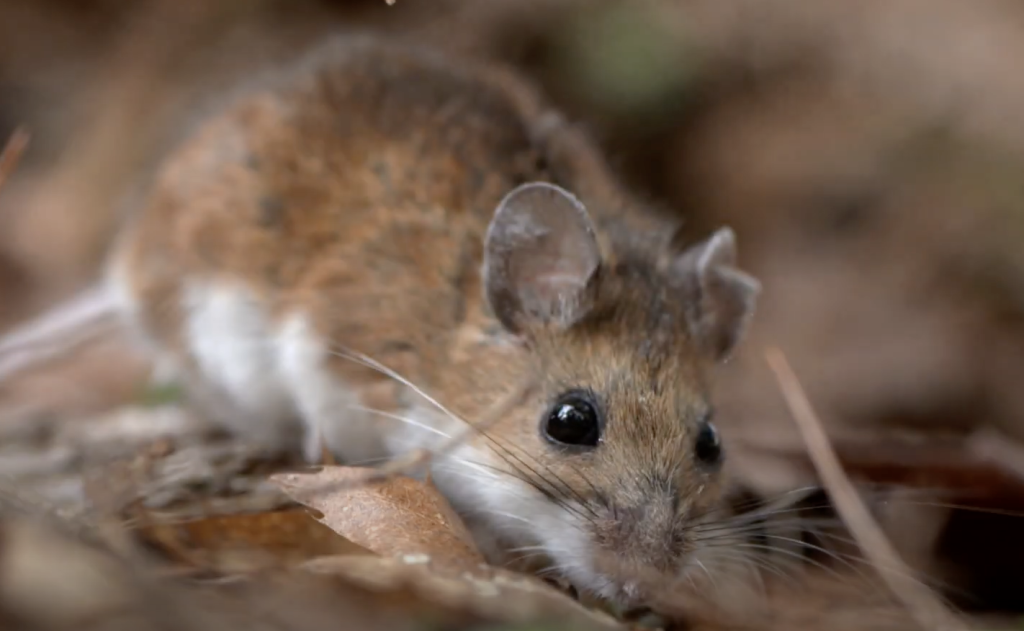by EH
In a groundbreaking initiative for Europe, researchers in Friuli Venezia Giulia are set to explore a captivating facet of nature: the personalities of small mammals and their pivotal role in seed dispersal, a process fundamental to forest ecosystems. The project, originating from Maine (USA) and led by Alessio Mortelliti, now a professor of Ecology at the University of Trieste, aims to uncover how individual traits in animals like mice and squirrels affect the spread of seeds and, subsequently, the composition of forest communities.

Professor Mortelliti, who brings a wealth of experience from his tenure as an associate professor in Wildlife Habitat Conservation at the University of Maine, emphasizes the importance of this study. “Animals, much like humans, have distinct personalities. The boldness, curiosity, and aggressiveness of small mammals can significantly influence all stages of seed dispersal,” he explained. His extensive research indicates that these traits are crucial in determining the fate of seeds, which in turn impacts the entire ecosystem.
The interplay between rodents and plants is multifaceted. In some cases, mice act as predators of acorns, but in other scenarios, both mice and trees benefit mutually. “When a rodent discovers an acorn, too heavy to be carried by the wind, it often stashes it away in secret caches. These forgotten acorns can then germinate, aiding in the oak’s propagation,” Mortelliti elaborated. This mutualistic relationship hinges on the behavior of the rodents, which inadvertently support forest regeneration by dispersing seeds they do not retrieve.
The study, titled “Predicting the Range-Shifts of Woody Plant Species by Incorporating the Critical Role of Small Mammal Scatter-Hoarders,” is the first of its kind to be conducted in Europe. Funded by a PRIN (Progetti di Ricerca di Interesse Nazionale) – PNRR grant, the project is a collaborative effort involving the University of Trieste, Sapienza University of Rome, and the Prealpi Giulie Park. The research will unfold in Val Alba, with Professor Mortelliti at the helm, supported by scholars from the University of Maine.
The hypothesis driving this research stems from a decade of studies in Maine. It suggests that bolder rodents travel greater distances and choose optimal sites for seed caching, thereby playing a critical role in the dispersal process. These individuals are seen as vital for the adaptation of plant species to climate changes, enabling species like oaks and beeches to shift their ranges in response to environmental shifts.
In the coming months, researchers will conduct field experiments to measure the personalities of rodents and observe their interactions with new seed types, introduced to simulate future climatic conditions. Using fluorescent powder to track seed movements and monitoring germination rates, the team aims to correlate rodent traits with seed fates. This research will not only shed light on how certain animal behaviors enhance seed dispersal but also identify which seed characteristics make them more likely to be dispersed or preyed upon.
Beyond academic insights, the project aspires to create practical tools for conservationists. One anticipated outcome is a guide on utilizing rodent behavior to facilitate assisted migration – the human-assisted movement of plants to more suitable habitats. Additionally, the researchers will compile a checklist of traits and plant species most likely to thrive in new environments, aiding future conservation efforts.
Alessio Mortelliti, who has dedicated two decades to studying mammal ecology and behavior across various continents, underscores the significance of this research. “Understanding these dynamics is crucial for species conservation, especially in the face of global climate change,” he noted. Mortelliti’s past projects span Italy, Austria, the United States, Indonesia, Kenya, Tunisia, and Mauritania, reflecting his extensive expertise and commitment to ecological studies.





























